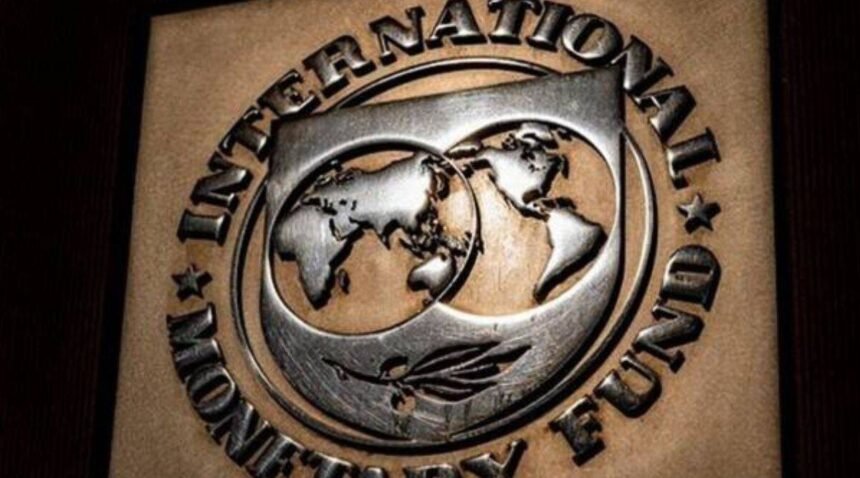The International Monetary Fund (IMF) has recently given its stamp of approval to a $3 billion loan program aimed at providing much-needed relief to Pakistan. This program is expected to serve as an anchor for the cash-starved country’s immediate efforts to stabilize its economy and fulfill its current balance of payments needs. The approval by the IMF’s executive board comes after Pakistan and the Washington-based global lender signed a Stand-by Agreement in June, outlining the terms of the short-term loan over a period of nine months.
Pakistan, like many other countries, has been grappling with economic challenges exacerbated by the ongoing global pandemic. The loan program is seen as a crucial step towards addressing these issues and restoring stability to the country’s economy. With the IMF’s endorsement, Pakistan can now access the financial support it requires to meet its urgent financial obligations and lay the groundwork for long-term economic growth.
The IMF’s decision to approve the loan program demonstrates its confidence in Pakistan’s commitment to implementing necessary reforms and policies to restore economic stability. The funds provided through this program will play a vital role in bridging the country’s financing gap, enabling it to meet its immediate monetary obligations. Moreover, the loan will bolster investor confidence and encourage much-needed foreign investment in Pakistan.
One of the primary objectives of the loan program is to ensure the fulfillment of Pakistan’s balance of payments needs. By addressing these needs, the country will be better equipped to manage its import bills, reduce external vulnerabilities, and enhance its foreign exchange reserves. This will, in turn, support economic stability and pave the way for sustainable growth.
The IMF’s loan program is expected to catalyze additional financial support from other international financial institutions and bilateral partners. The endorsement of the IMF lends credibility to Pakistan’s reform agenda, making it more attractive for potential investors and donors to engage with the country. The program’s success will hinge on Pakistan’s continued commitment to implementing structural reforms, fiscal discipline, and targeted measures to improve governance and transparency.
While the loan program provides immediate relief, it should be viewed as a stepping stone towards broader economic reforms in Pakistan. The country needs to address structural issues, such as improving tax collection mechanisms, strengthening the financial sector, and promoting private sector growth. These reforms are vital for sustained economic development, job creation, and poverty reduction.
The approval of the IMF loan program is welcome news for Pakistan, signaling international confidence in the country’s economic prospects. However, it also highlights the challenges that lie ahead. The loan must be utilized efficiently and effectively to maximize its impact and ensure that it supports inclusive and sustainable economic growth.
The IMF’s approval of the $3 billion loan program for Pakistan is a significant milestone in the country’s efforts to stabilize its economy and meet its immediate financial obligations. The funds will provide much-needed relief and support the fulfillment of balance of payments needs. It is now crucial for Pakistan to implement the necessary reforms and policies to utilize the loan effectively, attract further investment, and pave the way for long-term economic growth and prosperity.









